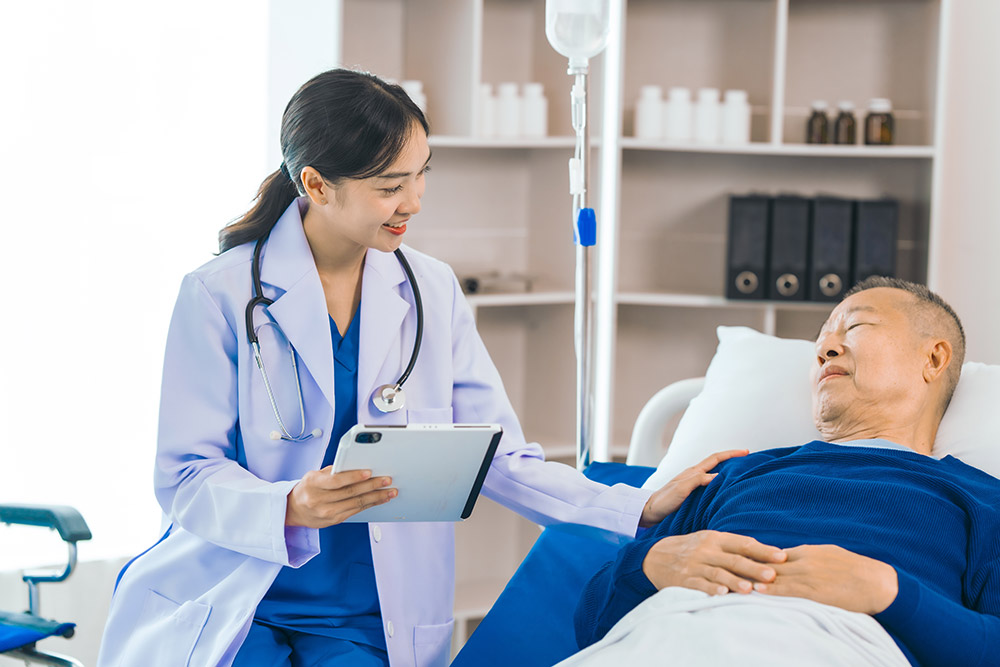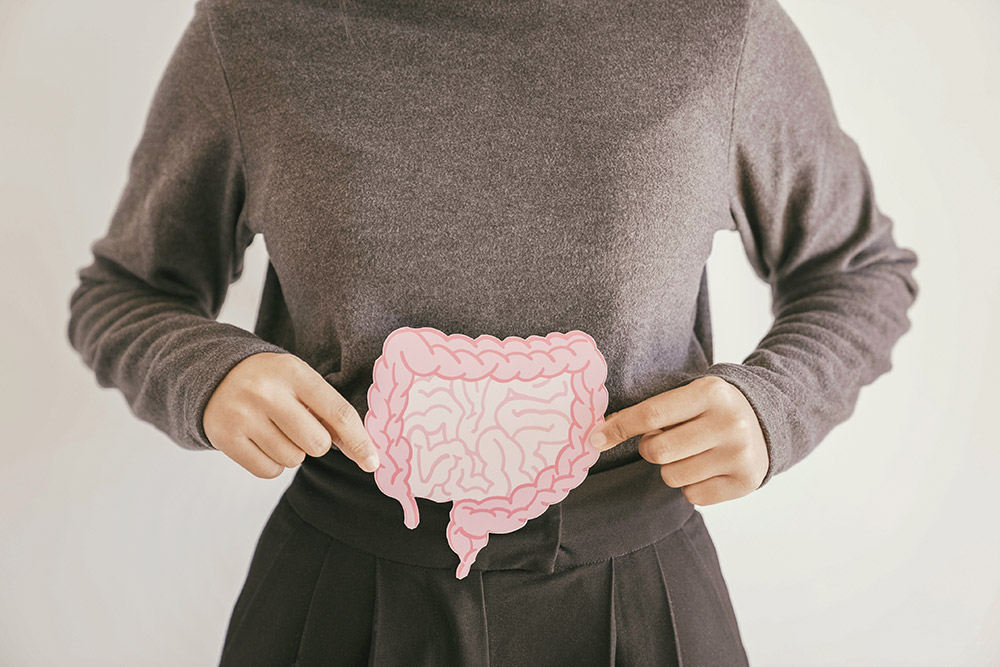What Is a Colon Polyp?
Colon polyps are small growths on the inner lining of the large intestine. While most are benign, certain types'like adenomatous polyps can develop into cancer over time. Early detection and removal help reduce that risk.
Common Causes and Risk Factors
- Age 50 or older
- Family history of colon polyps or colorectal cancer
- Inflammatory bowel disease (ulcerative colitis, Crohn's disease)
- Overweight or sedentary lifestyle
- Smoking and heavy alcohol consumption
- Diet high in red or processed meats and low in fiber
Signs and Symptoms
- Often no symptoms in early stages
- Blood in the stool or on toilet paper
- Changes in bowel habits (diarrhea or constipation)
- Abdominal pain, cramping, or discomfort
- Iron deficiency anemia (fatigue or weakness)
How Dr. Rishi Diagnoses Colon Polyp?
Dr. Chadha uses a step-by-step approach:
Medical History and Examination
He reviews your personal and family history of colon polyps or cancer, existing conditions like ulcerative colitis or Crohn's, lifestyle factors, diet, and any symptoms you may have experienced.
Colonoscopy
A minimally invasive procedure using a flexible camera to inspect the entire colon. Dr. Chadha can identify, biopsy, and remove polyps during the same session.
Sigmoidoscopy
An exam of the rectum and lower colon when a full colonoscopy isn't required or as a targeted follow-up.
Stool Tests
- Fecal Immunochemical Test (FIT) to detect hidden blood in the stool.
- Stool DNA Test to identify abnormal genetic markers linked to precancerous polyps.
Frequently Asked Questions
What are polyps in the colon?
Small growths in the colon lining that may turn into cancer if left untreated.
Who should get screened for colon polyps?
Anyone age 45 or older, or younger if you have a family history of polyps or colorectal cancer.
How often do I need a colonoscopy?
Generally every 10 years if no polyps are found. If polyps are detected, your doctor will recommend a shorter interval.
Does polyp removal hurt?
No. Removal is performed under sedation during a colonoscopy, so you won't feel pain.
What foods cause polyps in the colon?
Diets high in red and processed meats and low in fiber have been linked to an increased risk of polyps.
Can I prevent colon polyps?
Yes. Eating a plant-rich, high-fiber diet, exercising, avoiding tobacco and limiting alcohol, plus regular screenings, can lower your risk.
What is an adenomatous polyp of colon?
An adenomatous polyp is a type of growth with a higher potential to develop into colorectal cancer over time.
Are stool tests as good as colonoscopy?
Stool tests can detect blood or abnormal DNA, but colonoscopy remains the most comprehensive screening method.
How long is recovery after polyp removal?
Most patients recover fully within 24 hours and can resume normal activities almost immediately.
How do I schedule a colon polyp screening in Houston?
Contact GastroDoxs online or call our Houston clinic to book an appointment with Dr. Rishi Chadha.











